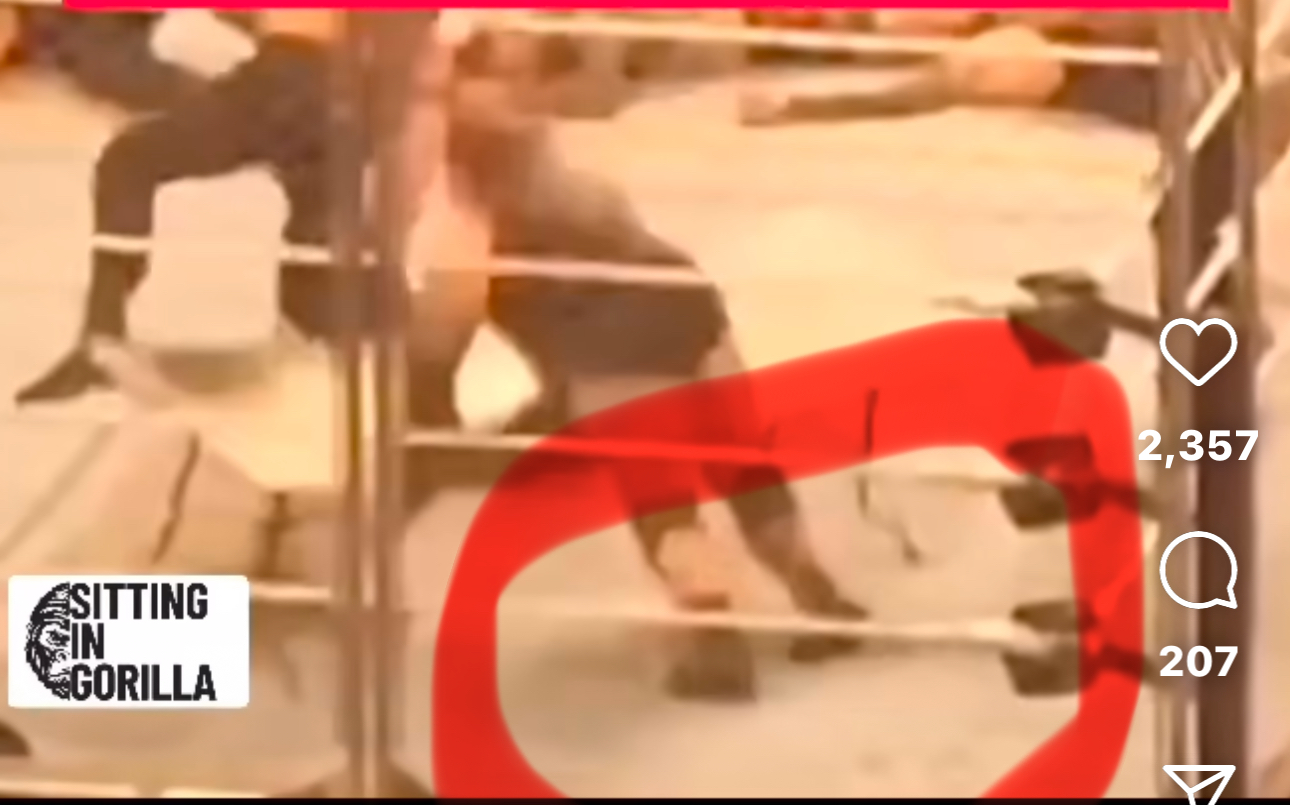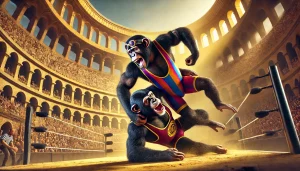No more Tsunami.

Wrestling fans witnessed a heartbreaking moment at Survivor Series 2024 when Bronson Reed, one of WWE’s most promising and dominant big men, suffered a devastating injury mid-match. For a powerhouse whose agility defies his size, seeing Reed go down was a sobering reminder of the physical toll this industry demands. While WWE has yet to release full details of his injury, one thing is clear: the wrestling world needs to have a serious conversation about how it protects its performers—or rather, how it continually fails to do so.
Wrestling’s Long History of Neglect
Let’s call it what it is: wrestling has a systemic problem when it comes to wrestler safety. Year after year, we see top stars sidelined due to injuries that could’ve been mitigated—or even avoided altogether—with better planning, safer spots, and smarter booking.
Bronson Reed’s injury isn’t an isolated incident; it’s part of a pattern. Wrestling promotions often prioritize spectacle over safety, pushing wrestlers to their physical limits for the sake of popping the crowd or going viral on social media. But at what cost? Careers are shortened, bodies are broken, and the industry continues to treat its performers as disposable rather than as the backbone of the business.
The Spot-Heavy Culture
Part of the issue lies in the current culture of wrestling, where high-risk moves and elaborate spots have become the norm. Fans have been conditioned to expect table breaks, top-rope dives, and dangerous stunts in every match, regardless of whether they’re necessary for the story being told. Wrestlers, in turn, feel the pressure to deliver these moments, knowing that their spot on the card—and their paycheck—depends on standing out.
But here’s the harsh truth: no pop, no chant, no highlight reel moment is worth jeopardizing a performer’s career. Watching Bronson Reed fall awkwardly during a high-risk sequence, it’s hard not to wonder: was that spot truly necessary? Did the match need to include such a dangerous setup, or was it just another example of excess over storytelling?
WWE’s Role in Setting the Standard
WWE, as the industry leader, has a responsibility to set the standard for wrestler safety. To their credit, they’ve made strides in certain areas, like banning unprotected chair shots to the head and instituting a concussion protocol. But these efforts are meaningless if they don’t address the bigger picture.
Why are wrestlers like Bronson Reed—known for their power and ground game—being put in situations where they’re attempting spots that clearly push their physical limits? Why is there still so much inconsistency in how matches are structured to protect performers? WWE’s obsession with delivering “moments” sometimes blinds it to the human cost of those moments.
Wrestling Promotions Need to Do Better
This isn’t just a WWE problem—it’s an industry-wide problem. Whether it’s WWE, AEW, NJPW, or independent promotions, every company needs to take a hard look at how they’re safeguarding their talent.
- Injury Prevention Over Spectacle: Promotions need to design matches that prioritize storytelling over dangerous stunts. Wrestlers don’t need to risk their lives to entertain us.
- Training and Education: Wrestlers should be trained not just in moves but in how to protect themselves and their opponents. Referees and producers also need to be better equipped to recognize when a match is going too far.
- Workload Management: Wrestling schedules are brutal, and the physical grind only increases the likelihood of injuries. Companies must enforce mandatory rest periods and limit the number of matches wrestlers work.
A Call for Change
Bronson Reed’s injury at Survivor Series 2024 should serve as a wake-up call. The wrestling industry needs to stop treating its talent as expendable and start valuing their long-term health. Reed is a unique talent, a big man who moves like a cruiserweight, and his absence will be felt deeply by fans and fellow wrestlers alike.
But more importantly, his injury should be a catalyst for change. How many more careers have to be derailed before wrestling finally puts its foot down and prioritizes safety? How many more Bronson Reeds need to fall before the industry realizes that its greatest asset isn’t the flashy spots—it’s the people in the ring giving their all every single night?
Bronson Reed, we’re rooting for your recovery. To the wrestling world: it’s time to do better.
Written by WrestlingChimp.com
The realest voice in wrestling—because the business deserves accountability, and the fans deserve honesty.





